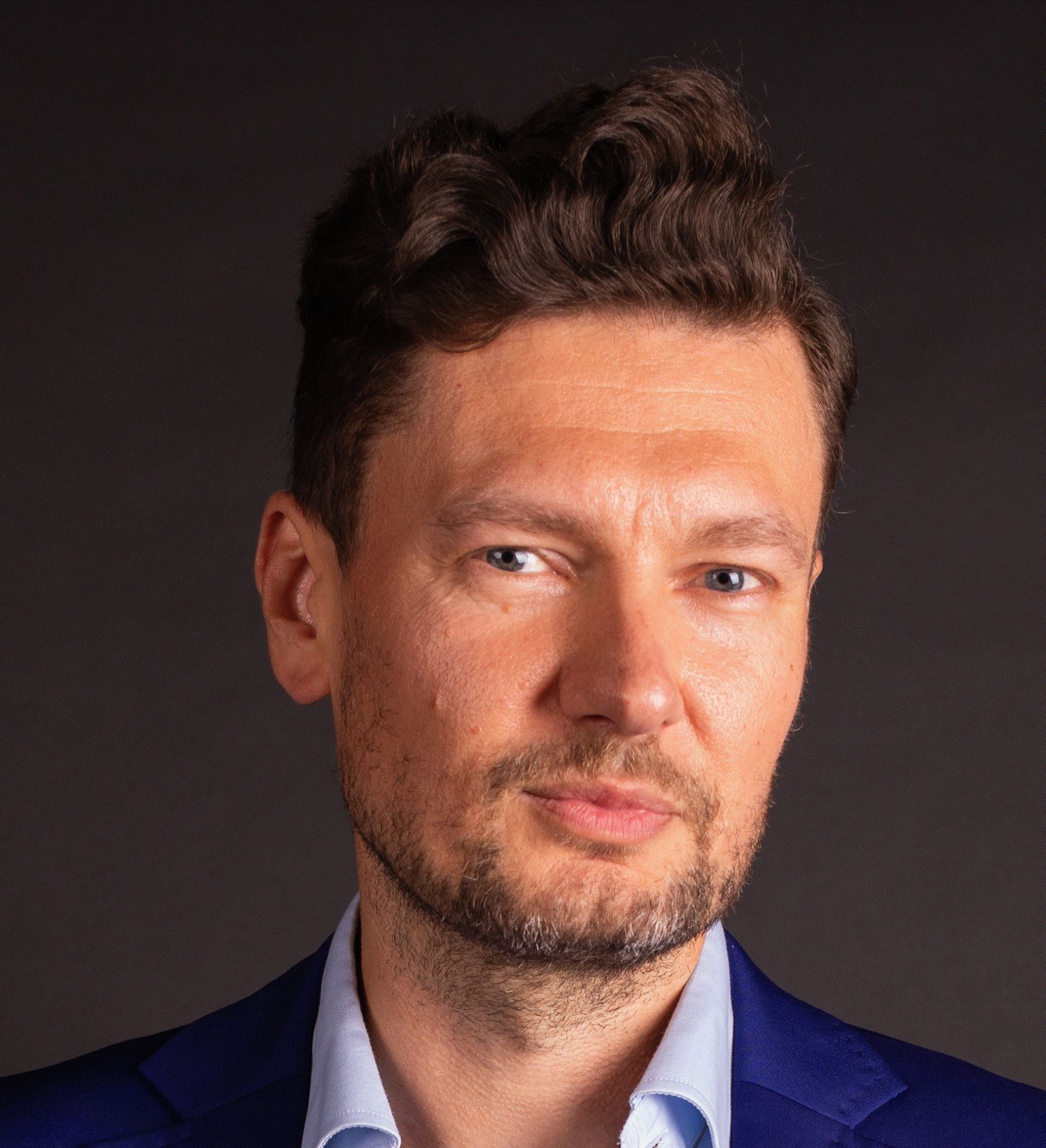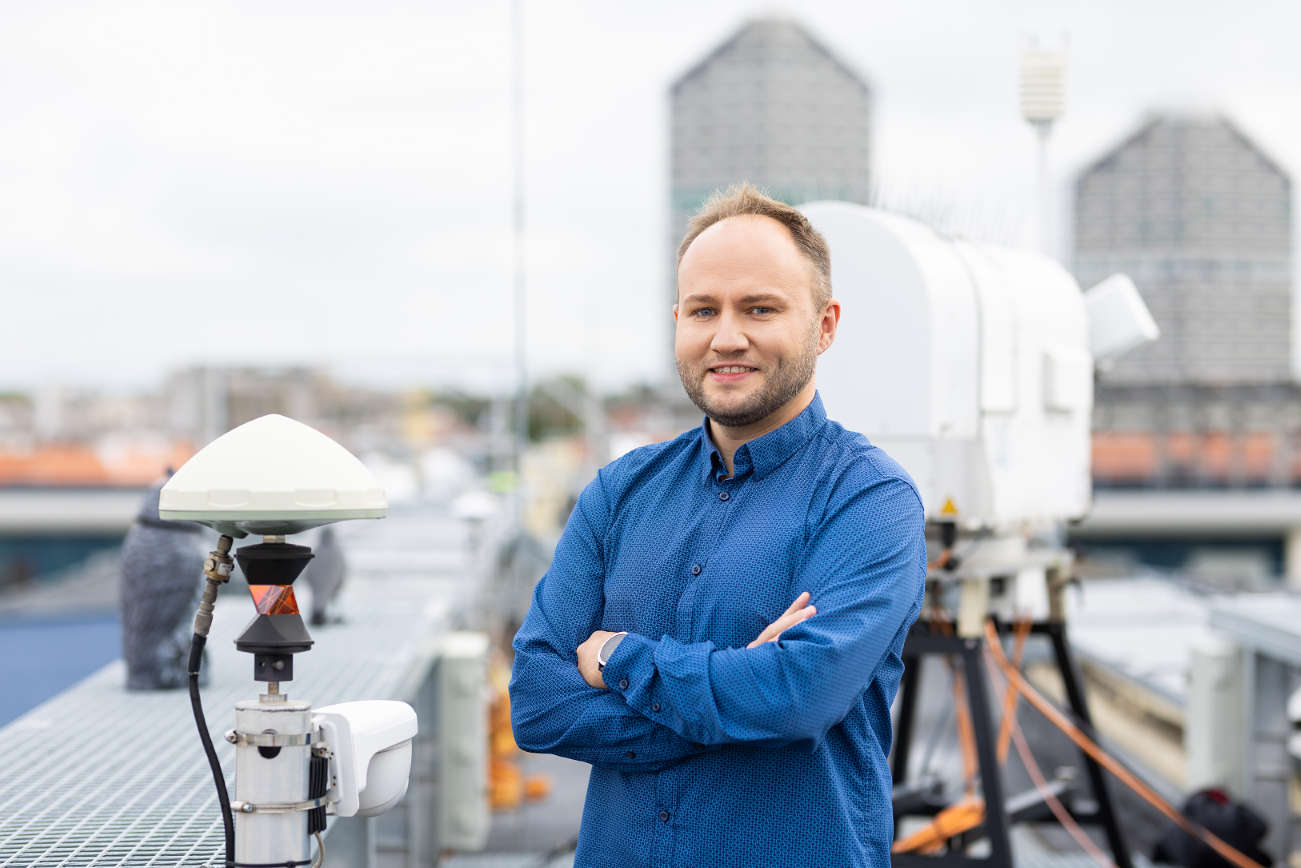During the meeting, the principal investigators in projects funded by the National Science Centre will discuss their research: main objectives and research tasks, and talk about the next stages of their research work. Three projects will be presented from three research domains: Arts, Humanities and Social Sciences (HS), Life Sciences (NZ) and Physical Sciences and Engineering (ST). They have all been submitted to HARMONIA and OPUS calls.
 Arts, Humanities and Social Sciences
Arts, Humanities and Social Sciences
 Professor Wojciech Małecki from the University of Wroclaw will discuss his projects funded under the OPUS calls focusing on the social impact of literature, including influence of attitudes towards climate change, animals and their welfare. His empirical and interdisciplinary studies rely on close cooperation between representatives of literary theory, social psychology, biological anthropology and communication studies from Poland, United States and Australia as well as writers from Poland and the United Kingdom. The outcome of his studies has been published in the major international journals and in the monograph Human Minds and Animal Stories (Routledge 2019). It was also covered by the media, e.g. Newsweek, Gazeta Wyborcza and Psychology Today. It contributed to the emergence of a new research domain in the area of environmental humanities, the so-called Empirical Ecocriticism (see Empirical Ecocriticism, University of Minnesota Press 2023).
Professor Wojciech Małecki from the University of Wroclaw will discuss his projects funded under the OPUS calls focusing on the social impact of literature, including influence of attitudes towards climate change, animals and their welfare. His empirical and interdisciplinary studies rely on close cooperation between representatives of literary theory, social psychology, biological anthropology and communication studies from Poland, United States and Australia as well as writers from Poland and the United Kingdom. The outcome of his studies has been published in the major international journals and in the monograph Human Minds and Animal Stories (Routledge 2019). It was also covered by the media, e.g. Newsweek, Gazeta Wyborcza and Psychology Today. It contributed to the emergence of a new research domain in the area of environmental humanities, the so-called Empirical Ecocriticism (see Empirical Ecocriticism, University of Minnesota Press 2023).
Wojciech Małecki is an associate professor at the Faculty of Letters, Faculty of Philology, University of Wrocław. His research explores the impact of literature and the media on the society, in particular on public attitudes toward the environment. Professor Malecki has published in Poetics, Oxford Literary Review, ISLE: Interdisciplinary Studies in Literature and Environment, Frontiers in Psychology, etc.. His publications include: Human Minds and Animal Stories: How Narratives Make Us Care About Other Species (Routledge 2019), On Philosophy and Philosophers (Cambridge University Press 2020), What Can We Hope For? Essays on Politics (Princeton University Press, 2022) and Embodying Pragmatism (Lang 2010). His papers were translated into Chinese, Swedish and other languages and were covered by the media, e.g. The New York Times, Newsweek and Psychology Today. He received scholarships from the Ministry of Science and Higher Education, Alexander von Humboldt Foundation, Kościuszko Foundation and Institute for Advanced Studies in the Humanities at the University of Edinburgh. He is currently pursuing an NCN-funded research project (Climate Fiction as Environmental Communication: Beliefs, Attitudes, and Behaviour).
 Life Sciences
Life Sciences
 Professor Krystyna Dąbrowska will discuss her studies aimed at understanding bacteriophage interactions with animals and humans. She pursued her studies under a SONATA-BIS project which was crucial to her habilitation degree. Her studies pursued under HARMONIA and OPUS calls focused on the responses of immune system to bacteriophage, and then included phage enzymes.
Professor Krystyna Dąbrowska will discuss her studies aimed at understanding bacteriophage interactions with animals and humans. She pursued her studies under a SONATA-BIS project which was crucial to her habilitation degree. Her studies pursued under HARMONIA and OPUS calls focused on the responses of immune system to bacteriophage, and then included phage enzymes.
Professor Dąbrowska is a graduate of the Genetics Department at the University of Wroclaw. For 20 years, she has worked at the Institute of Immunology and Experimental Theory, Polish Academy of Sciences in Wrocław, where she earned her PhD in 2004. For the last 8 years, she has also worked at the Provincial Specialist Hospital in Wrocław. Professor Dąbrowska applies molecular biology to her studies on new therapeutic strategies. Her special interest is focused on bacteriophage and their antibacterial effect in animals and humans, including pharmacokinetic and pharmacodynamic studies. She has pursued NCN-funded research projects under SONATA-BIS, OPUS, HARMONIA and SHENG calls and participated in fellowship programs abroad, i.e., in Belgium, United States and Portugal. She is an author of numerous scientific publications as well as research supervisor of Master’s thesis and PhD dissertations. Since 2020, she has had an academic rank of professor.
 Physical Sciences and Engineering
Physical Sciences and Engineering
 Earth – Moon – Cosmos – Satellites
Earth – Moon – Cosmos – Satellites
During his presentation, Professor Krzysztof Sośnica will answer the following questions: “How are planets measured”, “Why does the length of the day change”, “Which devices installed on the Moon by Apollo 11 astronauts still work”, “Where will the next Moon landing be” and “What is the contribution of Wrocław researchers to the development of a GPS system on the Moon”.
Prof. Krzysztof Sośnica earned his PhD in physics and astronomy in 2014 at the University of Bern, Switzerland. He got his habilitation degree in 2016 in geodesy and cartography, followed by the title of professor Physical and Natural Sciences in 2020. He works at the University of Life Sciences in Wrocław. His research focuses on integrating the laser measurements of distance to satellites with data from Global Navigation Satellite Systems (GNSS).
